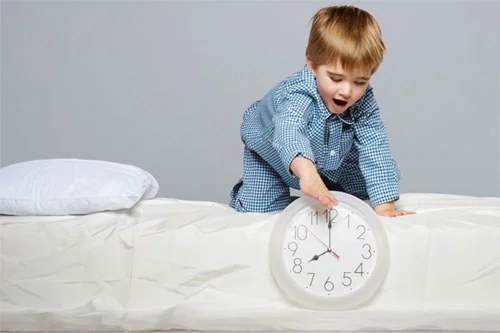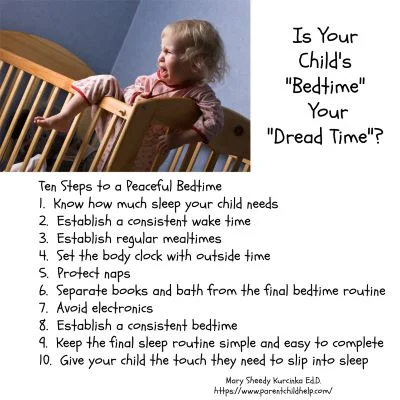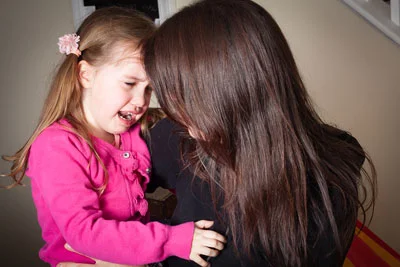- 949 Geneva Avenue | Oakdale, MN 55128
- Contact Us
- (651) 714-8646
Parenting Blog
Display All Posts
Search by Topic:
- ADHD (1)
- Babies (10)
- Baby caring (11)
- Baby crying (9)
- Baby Sleep (10)
- Bed time (13)
- Birthday Parties (1)
- Breakfast with Spirit (4)
- Caring for Yourself as a Parent (13)
- Child Care Selection (2)
- Children and Eating (4)
- Children returning home (1)
- Daylight Savings Time (4)
- Dealing with a crisis (5)
- Emotion Coaching (35)
- Establishing Clear Limits (13)
- Evening Routine (6)
- Frustration Coaching (6)
- Fussy baby (9)
- Getting children Outside (3)
- Getting children to help (3)
- Gift giving and receiving (2)
- Giving In (4)
- Helping Children Learn to Share (3)
- Helping Children Listen (9)
- High needs baby (6)
- Holidays (12)
- Independent Play (1)
- Mealtimes (7)
- Meltdowns (20)
- Morning Routines (10)
- Mother's Day (2)
- Pacifiers (2)
- Parental Sleep (5)
- Parenting (keeping your cool) (26)
- Parenting in Uncertain Times (9)
- Parenting Style (6)
- Parenting Styles/Working Together (2)
- Pockets of Predictability in a Hectic Day (14)
- Potty Training (2)
- Power Struggles (27)
- Reducing Stress (23)
- Routine, the secret to a calm day (18)
- School (7)
- Setting Limits for Children (6)
- Sharing (3)
- Six Year Old Development (1)
- Sleep (15)
- Summer (3)
- Talking about Race with Your Children (1)
- Time-out (1)
- Toilet Training (2)
- Traveling with Spirit (4)
- When you must say NO (2)
- Whining (7)
- Words to use in the Heat of the Moment (16)
- Working from Home (3)
Popular Posts:
Category: Sleep

Whining increased? Meltdowns over seemingly insignificant issues pooling on your kitchen floor? Does it seem as though your child’s communication system has deteriorated to one phrase - “No! You are not the boss of me.”

Reduce the 'Pain' of Springing Forward to Daylight Savings Time


Naps are a critical component of your child’s total sleep quota. But getting your child to nap can be a struggle.


For more information on sleep, read my books, "Raising Your Spirited Baby", "Raising Your Spirited Child" and/or "Sleepless in America". Or, go to my website at www.parentchildhelp.com to download the free brochure on children and sleep.




What’s your evening like? Does it set everyone up for a peaceful bedtime?


Daylight Savings time is the perfect springboard into power struggles over bedtime and wake up routines because our body clock does not switch as quickly as the clock on our phone.
On Sunday, March 11 we spring forward one hour. It is the perfect springboard into power struggles over bedtime and wake up routines because our body clock does not switch as quickly as the clock on our phone. When you put your child to bed at 7:00 PM his body will say, “This was 6:00 PM yesterday. I’m not ready for sleep.” The requests for water, an opportunity to toilet, and the tussle over getting in and out of bed will begin.
Monday morning when it is time to wake up he will be dead to the world because his body clock will be telling him he has a full hour before it is time to wake. Dragging him out of bed will provide the “spark” for a morning meltdown – not the way you want to start your day. So how do you reduce the chaos caused by springing into daylight savings time?
A child’s body clock requires at least a week to adjust to a one-hour time shift. For many children the adjustment actually requires closer to three weeks. The body clock is set by exposure to morning light and regular wake, sleep and meal times. You can help your entire family adjust by beginning days before the official time change, to move nap, bed and wake times (and if possible mealtimes) in fifteen-minute increments.
Here are five steps to make that shift less disruptive.
1. Begin Sunday, February 25 by waking your child 15 minutes early. If your child wakes at 7:00 AM, on Sunday, February 25, wake him at 6:45 AM.
2. Tuesday, February 27 shift meals, naps, bedtime and wake time fifteen minutes earlier. Today your child’s wake time will be 6:30 AM. If he was napping 12-2:00 PM he is now napping 11:45-1:45 PM. Wake him if needed. Do not let your child nap fifteen minutes longer. If bedtime was 8:00 PM it is now 7:45 PM.
Make outside morning play time a priority. Even if it is cold, bundle up and get outside. Our body clock is set by exposure to light, especially morning light. Reduce exposure to screens and electric lights in the evening.
3. Saturday, March 2 shift bed, nap, wake and meal times another fifteen minutes earlier. Wake time is now 6:15 AM, naptime is 11:30 AM and sleep time is 7:30 PM.
4. Wednesday, March 7 shift bed, nap, wake up and meal times another fifteen minutes earlier. Wake time is now 6:00 AM, naptime is 11:15 AM and sleep time is 7:15 PM.
5. Sunday, March 11 complete the shift. On this day we all will have officially sprung ahead one hour and shifted our clocks accordingly, as a result wake time is back to 7:00 AM according to the clock on the wall. Nap is 12:00 noon and sleep time is 7:00 PM – just as it was before. Thanks to your earlier efforts moving the times in fifteen-minute increments however, instead of losing an entire hour of sleep your child’s body will only have to adjust by fifteen minutes. The sleep deprivation that can fuel those power struggles will be drastically reduced as a result.
6. Monday, March 12 plan to allow your family more time to get out of the house. Even with the proactive steps you have taken, a few extra hugs and a little more help may be needed. Do NOT schedule yourself into any early morning commitments. You’ll be dragging a bit too. Expect in the next few weeks a few more meltdowns as your child’s body clock catches up with the clock on the wall. It may take several weeks, but ultimately everyone will be back in sync.
For more information on easing the time change and developing healthy sleep routines for your family, check out Sleepless in America: Is Your Child Misbehaving or Missing Sleep?

On Sunday, March 13 we spring forward one hour. It is the perfect springboard into power struggles over bedtime and wake up routines because our body clock does not switch as quickly as the clock on our phone.

It’s been an exhausting day, yet you have managed to pick up the kids, get them outside to play in the yard and put together a decent family dinner. When you open the door to announce it’s time to stop playing and come inside to eat, the youngest, dashes away, screaming, “No, you can’t make me!”

I am a child care provider who recently heard you speak about the importance of sleep. Presently we are waking our preschoolers after one hour of nap at parents’ requests. Should we be doing this? - Chelsea
